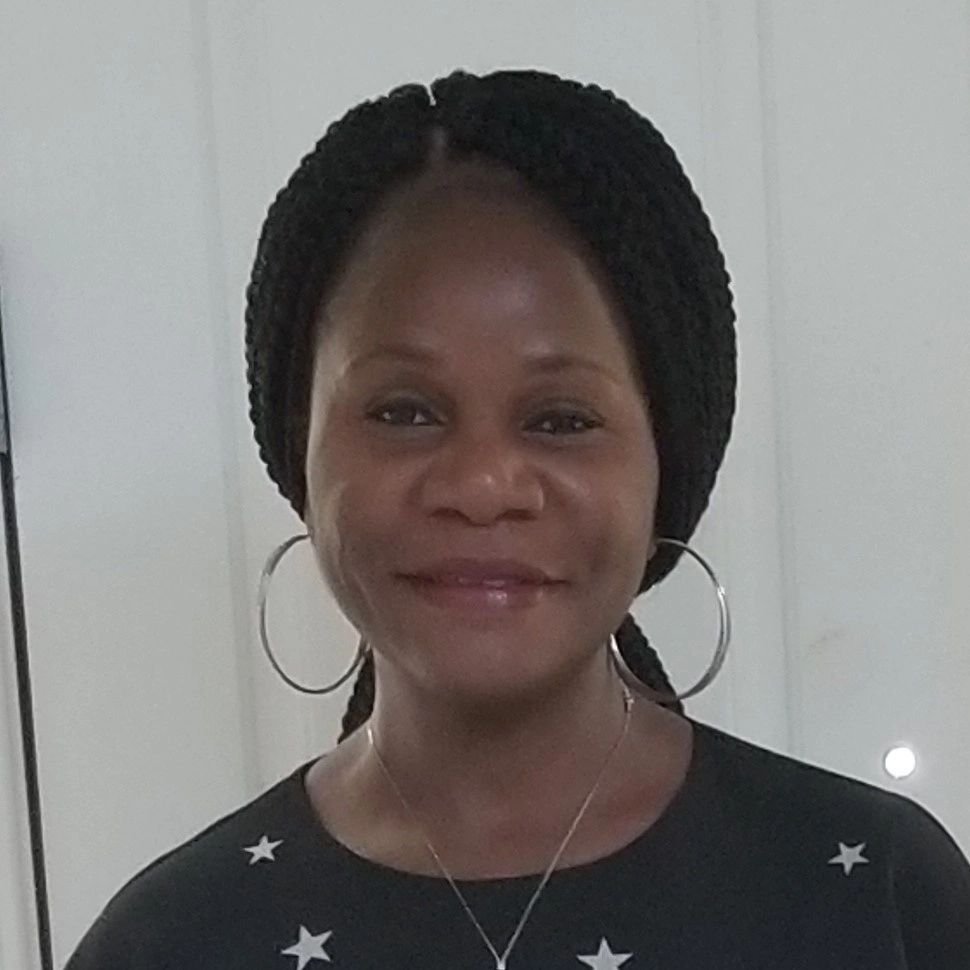Many of us - yes, myself included - the focus is often on analyzing what we believe we hear to make premature judgments, or at best, listening only long enough to come up with a response. To make matters worse, we show up with a myriad of impressions based on biases, prejudices, partial truth, and fiction we have gathered along the way. These biases can go on for years, affecting the way we listen to a person or a specific class of people, causing us to distort everything we are hearing as we try to fit them neatly into our box of preconceived notions. We develop all sorts of ridiculous filters and lenses through which we view others and treat them accordingly when in conversation with them. Unfortunately, there can be no leadership without active and unbiased listening skills. Resisting instead of listening guarantees nothing great happens and no real transformation occurs.
Conversation with the intent to unify towards a common goal or purpose cannot be a one-man show where we dominate the conversation, such that no-one else can get a word in edgeways. Coming across as an interesting person is good but being genuinely interested in others is even greater. We might feel good temporarily when we take center-stage in all our interactions however we learn very little with this approach. Good listening leads to productive thinking, and fruitful thinking almost always produces actionable plans that lead to the desired results. No-one is a reservoir of all knowledge, and adjusting our egos to understand good ideas can come from others is truly humbling.
Learning to truly listen to others just as we would like for people to listen to us can solve many of the problems that ills society today. No bad listener can be an effective communicator and without effective communication, there can be no effective leadership. To understand and connect with those around us, we must learn to listen actively. And to make ourselves understood, we must be good communicators. It is impossible to comprehend others without good listening skills. My mother used to say that this was exactly the reason why God provided us with two ears and one mouth; to listen more and talk a lot less. Bernard M. Baruch said, "Most of the successful people I've known are the ones who do more listening than talking." I think he is right. Our propensity to want to go on and on about what we already know makes new information that can aid in our personal and professional growth elusive.
Learning to be a good listener has a lot of advantages. Here are seven potential powers of active listening:
- We learn more as we imbibe new perspectives and new points of view.
- Listening fosters strong and fulfilling relationships as understanding others and their needs builds greater unity.
- Active listening is an essential part of conflict resolution when all parties involved feel heard.
- We build stronger teams as members feel heard and a part of the team.
- Others feel respected when we allow them to be involved in discussions and decision-making processes.
- As we learn to listen more, we develop patience and tolerance.
- Listening brings the wisdom that opens our eyes to the good in everyone and that we are united by more than what divides us.



No comments:
Post a Comment